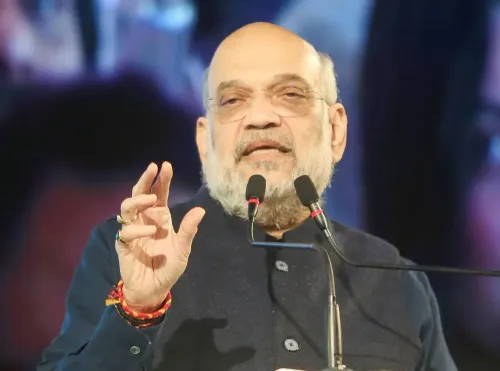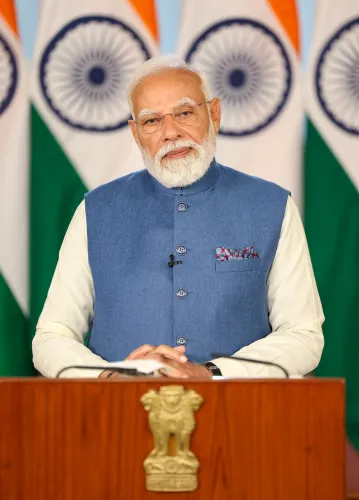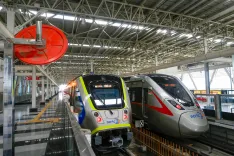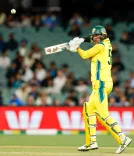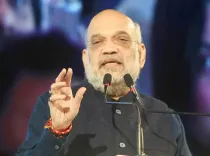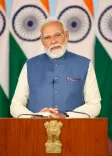What Steps Will Be Taken to Create the Best Report on Trilingual Policy for 2.12 Crore Students in Maharashtra?

Synopsis
Key Takeaways
- The committee is led by Dr. Narendra Jadhav.
- Public feedback is essential for shaping the three-language policy.
- A dedicated website will facilitate public input.
- Dr. Jadhav will engage with public representatives across various cities.
- The report is expected by December 5.
Mumbai, Sep 17 (NationPress) Dr. Narendra Jadhav, the chairperson of the committee established to shape the three-language policy, announced on Wednesday that the group aims to create the most comprehensive report by considering public feedback for the benefit of 2.12 crore students across 1.08 lakh schools in Maharashtra.
"Maharashtra stands as a pioneering state in the nation. Other states look up to Maharashtra. Hence, when it comes to the execution of the three-language policy, the committee will prioritize public opinion and formulate its recommendations for the benefit of students," he stated after convening the inaugural meeting of the committee formed by the state government to devise a trilingual policy in accordance with the National Education Policy 2020.
Jadhav mentioned that within the next 15 days, a dedicated website will be launched for the trilingual policy, featuring a link where all citizens, parents, students, and others can share their insights.
Following his appointment as chairperson, information relating to the trilingual policy was gathered and shared with committee members during Wednesday's meeting, which will be further discussed in the subsequent session.
In the upcoming days, two distinct questionnaires will be developed; one will cater to the general public, while the other will focus on institutions connected to the Marathi language. Anyone can respond to the questionnaire through the provided link. This questionnaire will be distributed to all schools, colleges, public representatives, and parents," he elaborated.
Jadhav stated his intention to personally meet with various political figures who have voiced their opinions on this matter within the next 15 days to understand their perspectives.
He shared his travel plans, stating he will visit Sambhajinagar (October 8), Nagpur (October 10), Kolhapur (October 30), Ratnagiri (October 31), Nashik (November 11), Pune (November 13), Solapur (November 21), and Mumbai in the last week of November to gather public opinion.
During these visits, the committee aims to understand the perspectives of individuals from diverse backgrounds on this topic.
"The committee will also examine how the trilingual formula is implemented in other states. After thorough discussions with stakeholders across the state, the committee hopes to submit its report to the government by December 5. We are committed to preparing an exceptional report for the benefit of 2.12 crore students in the state," he affirmed.
Previously, the government released a resolution on September 5 to form a committee led by former Planning Commission member Dr. Narendra Jadhav to establish the trilingual policy in schools in line with the National Education Policy 2020.
The government made this decision following a dispute regarding the introduction of the Hindi language alongside Marathi and English for classes 1 to 5.
The committee was established after the cancellation of two resolutions regarding the three-language policy due to strong opposition from Shiv Sena UBT, Maharashtra Navnirman Sena, Congress, and NCP SP, which criticized the government's attempt at "Hindi imposition" in the state.
Chief Minister Devendra Fadnavis declared: "We have decided to form a committee led by educationist Dr. Narendra Jadhav to determine the standard from which languages should be introduced, how the implementation should occur, and what options should be available to students. The state government will make a final decision on the implementation of the three-language policy based on the report submitted by this committee. Until then, the Government Resolutions issued on April 16 and June 17 will remain canceled."
The June 17 GR indicated that Hindi would be the third language, but not mandatory for Classes 1 to 5 in English and Marathi medium schools. This followed the Fadnavis government’s earlier GR on April 16, which mandated Hindi as a compulsory third language for students in those classes, reopening the debate over "Hindi imposition"—a concern raised by non-Hindi-speaking states regarding the forced imposition of Hindi on non-native speakers, undermining their languages.


